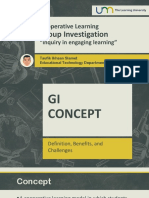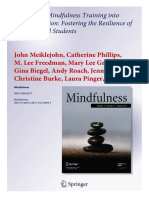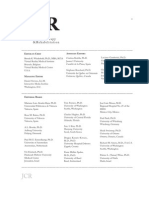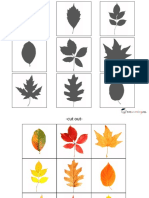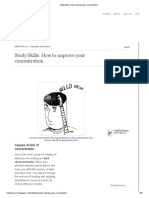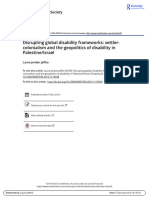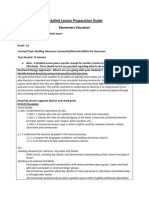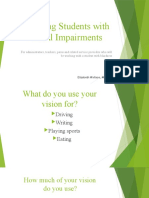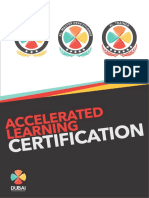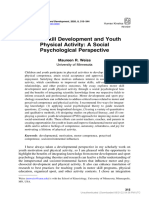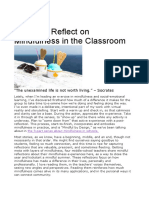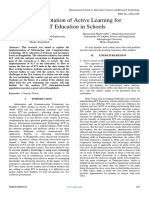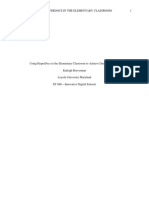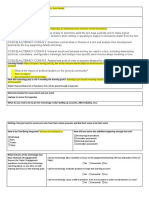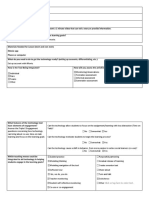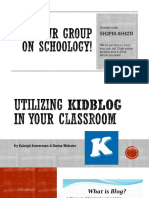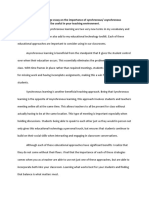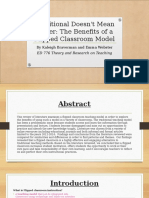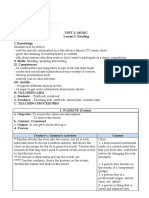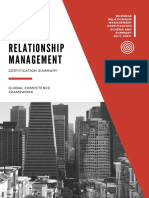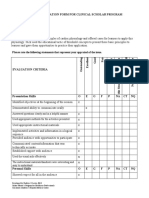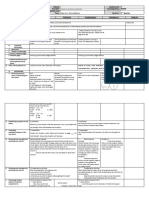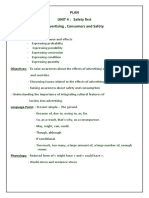0% found this document useful (0 votes)
106 views16 pagesHyperdocs Deeper Learning
HyperDocs allow students to develop deeper learning competencies in ELA. They promote critical thinking, collaboration, communication, learning independence, mindset development, and navigating complex information. The document argues HyperDocs support why schools need reform by enabling students to research online, communicate digitally, take control of their learning, engage in rigorous individualized work, and access digital tools.
Uploaded by
api-377290190Copyright
© © All Rights Reserved
We take content rights seriously. If you suspect this is your content, claim it here.
Available Formats
Download as PPTX, PDF, TXT or read online on Scribd
0% found this document useful (0 votes)
106 views16 pagesHyperdocs Deeper Learning
HyperDocs allow students to develop deeper learning competencies in ELA. They promote critical thinking, collaboration, communication, learning independence, mindset development, and navigating complex information. The document argues HyperDocs support why schools need reform by enabling students to research online, communicate digitally, take control of their learning, engage in rigorous individualized work, and access digital tools.
Uploaded by
api-377290190Copyright
© © All Rights Reserved
We take content rights seriously. If you suspect this is your content, claim it here.
Available Formats
Download as PPTX, PDF, TXT or read online on Scribd
/ 16




